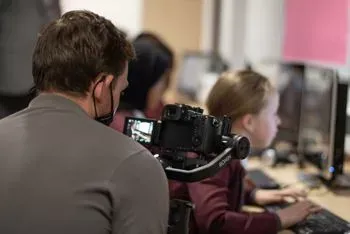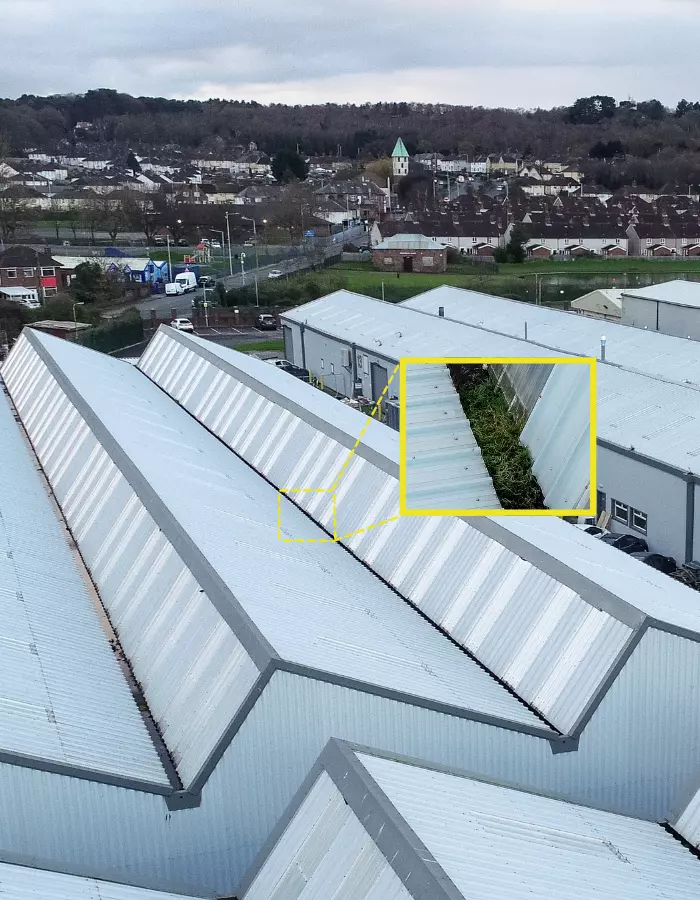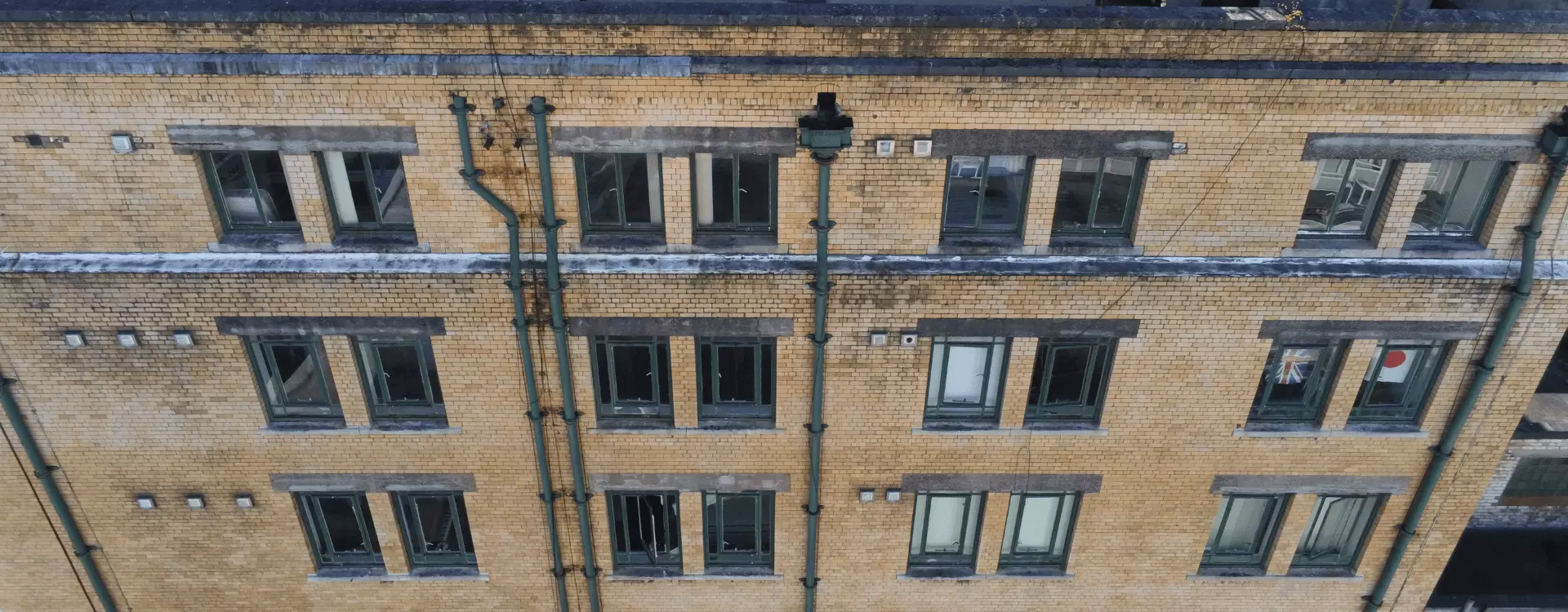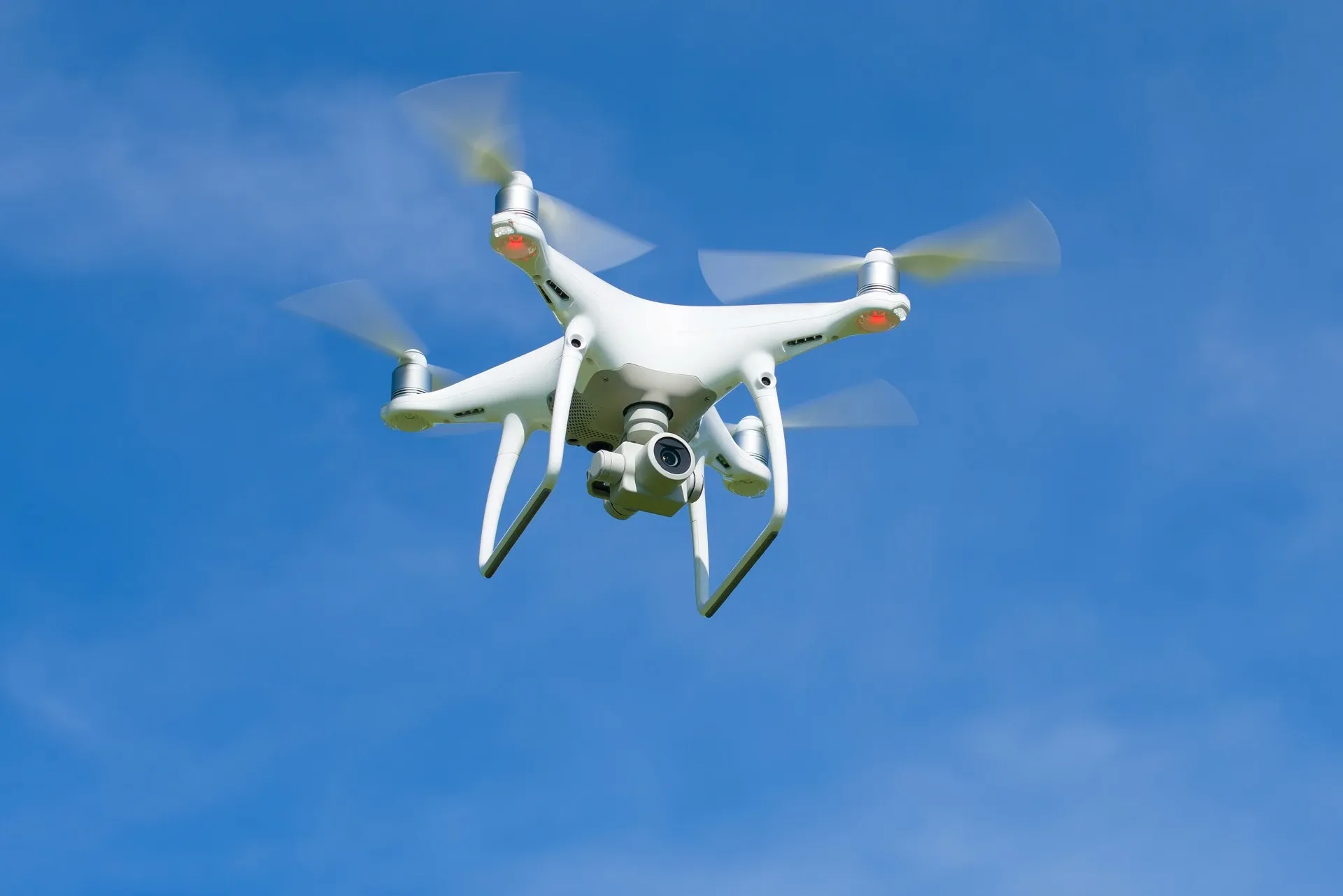T: 0330 400 5329
Drone Rules & Regulations in the UK
Drones are really unique pieces of kit and can make for a fun and exciting hobby or be used to create additional opportunities in business. However, due to the high-powered capabilities of many drones, rules and regulations are a necessity. Technology is advancing all the time, meaning rules and regulations will also change to reflect this, so it’s crucial to keep yourself up to date by checking the CAA regularly.
Drone flying is primarily common sense, being aware that they can cause harm and using them responsibly. Complete and detailed information can be found on the Civil Aviation Authority website. But, here are some of the main rules and considerations at the time of writing this
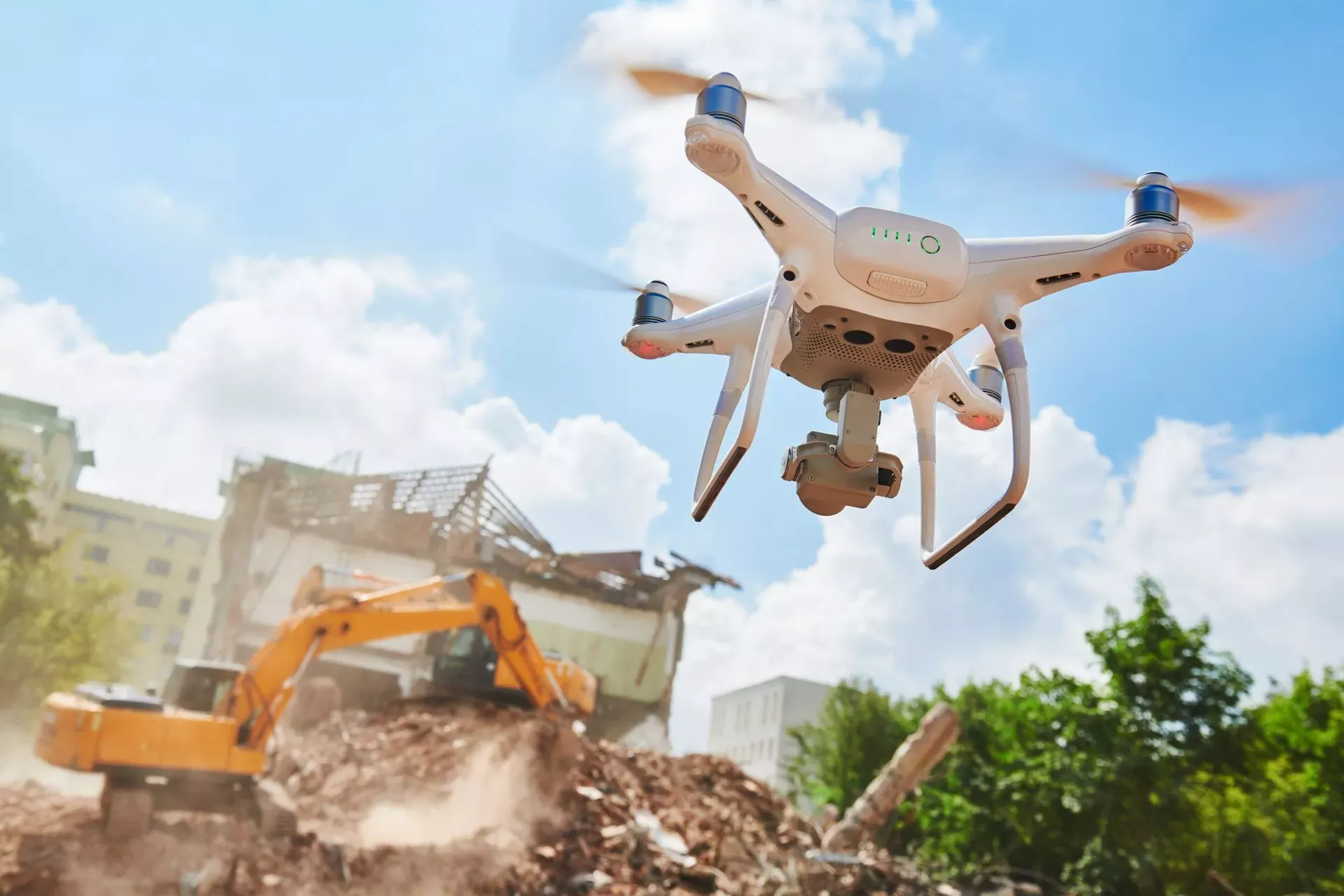
If you choose to purchase a drone over 250 grams, you will need to pass a safety test to use it. This is free, carried out online, and will give you a Flyer ID. If you are responsible for a drone, you’ll need to apply for an Operator ID, which currently costs £10. You’ll then need to register your drone and the Operator ID with the Civil Aviation Authority (CAA). These documents must be carried with you to prove your compliance with regulations when using the drone.
Most drones can be flown in many open and unrestricted airspaces. The following rules apply;
- The pilot must be in a fit condition to fly and ensure the drone is safe before take-off.
- The weight of the drone must not exceed 25kg.
- You must not fly drones over groups of people or near an area where an emergency response occurs without explicit permission from the emergency service in charge.
- Drones must not enter any restricted airspace without the correct permission.
- You mustn’t fly higher than 120m (400ft)
- You must keep the drone 50m away, horizontally, from people, including vehicles, boats, buildings etc. This doesn’t apply to people with you, but caution should always be exercised to avoid accidents.
- If you fly higher than 50m, you’ll also need to keep the same distance horizontally away from people.
- Always take weather conditions into account before flying. High winds could cause the drone to drift off course.
- Keep drones over 250g a minimum of 150m away from residential, commercial and industrial areas.
Drones With Cameras
Cameras on drones can be great fun, but you must respect people’s privacy and the laws around it. For example, make sure you know the image quality, the zoom capabilities, and whether you can start and stop recording whilst flying. This will help you determine what distance to keep from people, gardens, windows etc. You should also be aware that any recordings you take may be subject to GDPR.
Points to Keep in Mind
Knowing the distance from you the drone can go before losing signal and how long it can fly before running out of power may seem obvious, but many people forget to check. Knowing this and not pushing the limit can avoid accidents, damage liability and loss of the drone.
If you modify a drone in a way that changes its weight or flying capabilities, it may cause it to change class and therefore be subject to different rules. However, this doesn’t apply to repairs, but check this out thoroughly to avoid prosecution.
Make sure the drone is fit to fly before every use.
This could include the software being updated, checking for loose parts and making sure any cargo is fully secure. You should never carry anything that could cause harm, such as poisons, corrosive or flammable liquids etc. Nor should you drop any cargo from your drone whilst flying.
Protect Yourself and Others with Insurance
Lastly, you may want to consider some insurance. If you’re going to be flying any size drone around with the potential to damage people or property, we would recommend some public liability insurance. However, if your drone is being used for any other reason than recreation or weighs over 20kg, you are then required by law to have insurance.
We hope this helps give you some pointers. Please check police websites and the Civil Aviation Authority for more comprehensive and up to date rules and regulations.
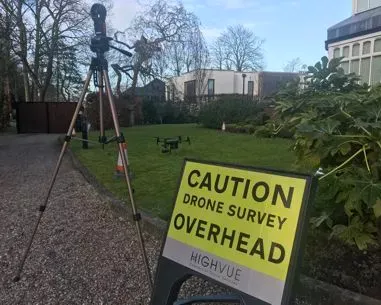
Contact Us Today
Are you seeking further information regarding main drone regulations in the UK? If so, please get in touch with our friendly team today by calling us directly on 0333 400 5329 or use our contact form and we'll get back to you as soon as possible.
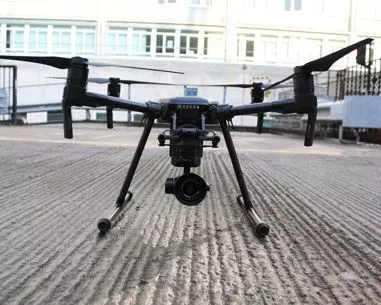
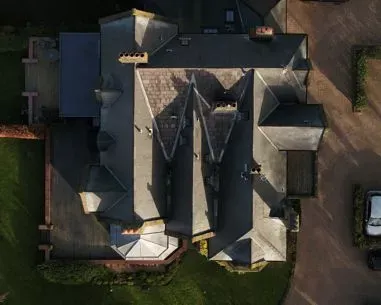



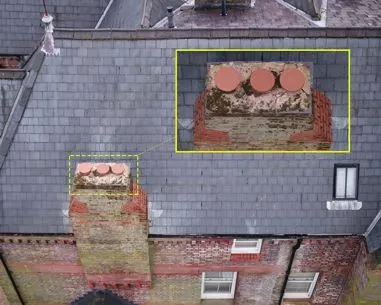
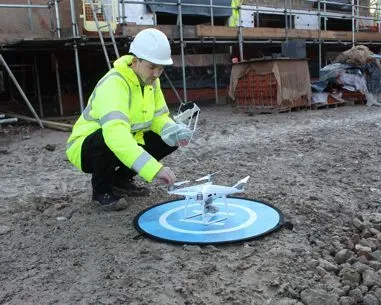
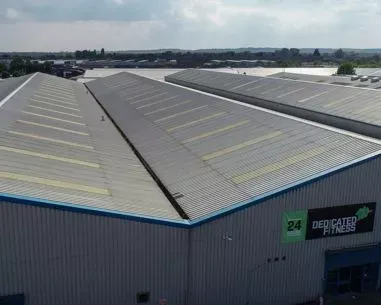
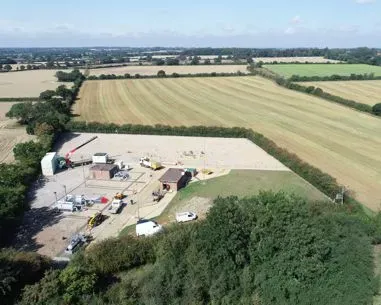

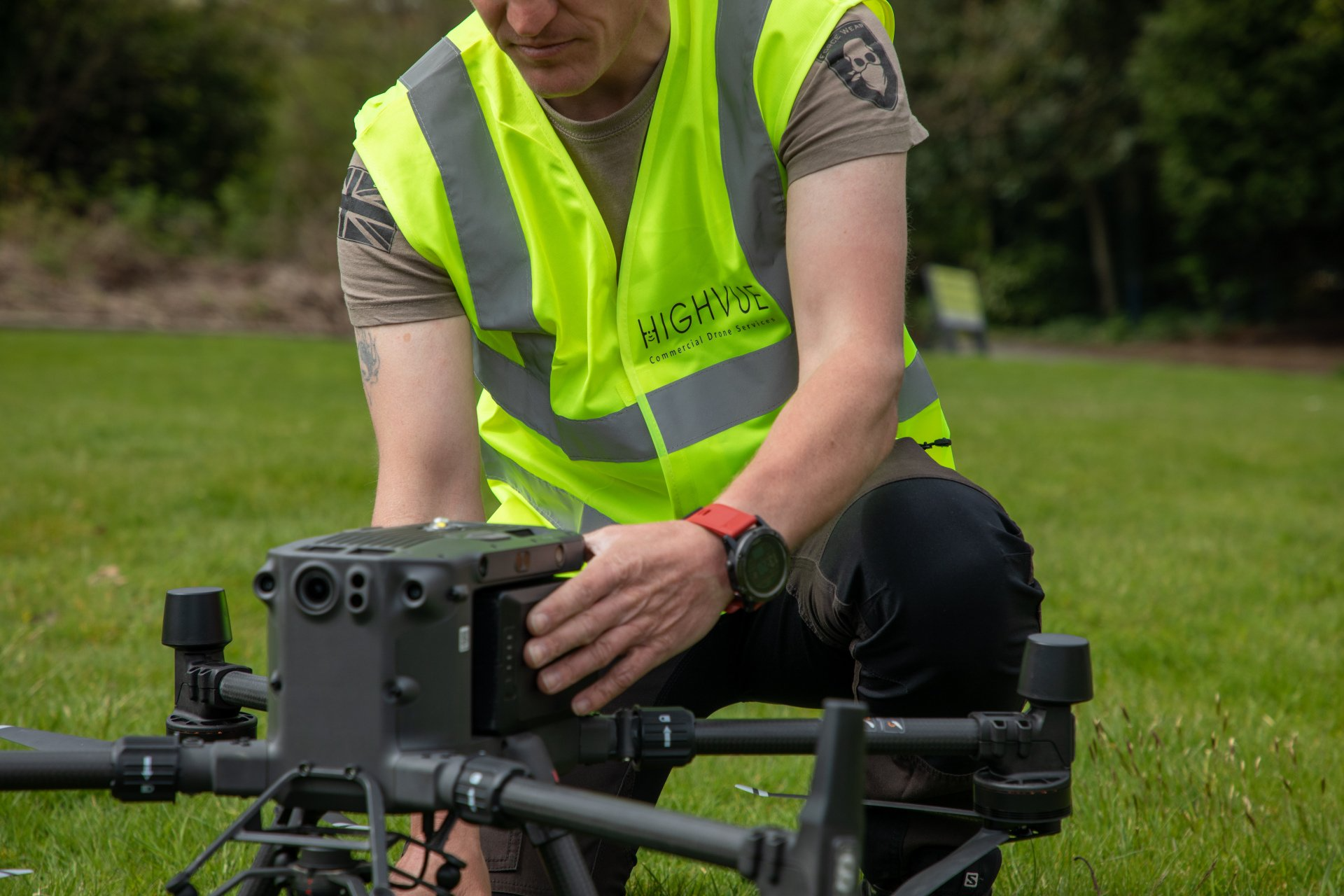
Contact Us Today
It all starts with getting in touch with us today to find out more about how we can help. Please contact us today by calling us or using our online contact form.
© Copyright 2021 HighVue Drone Services Ltd. All Rights Reserved.
99 Stanley Rd, Kirkdale, Liverpool L20 7DA


